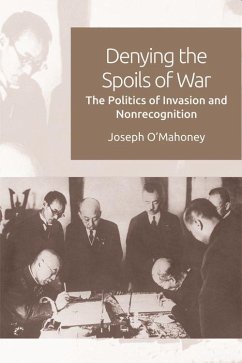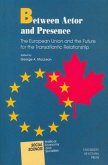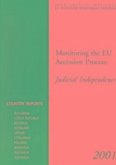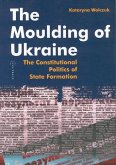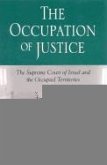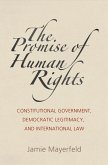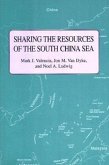Why do so many states adopt a position of non-recognition of gains from war? Despite being proven ineffective as a coercive tool or deterrent, the international community has actively withheld recognition in numerous instances of territorial conquest since the 1930s. This book systematically analyses twenty-one case studies - including the Manchurian Crisis, the Turkish invasion of Cyprus and Russia's annexation of Crimea - to explore why so many states have adopted a policy of non-recognition of the spoils of war. By drawing on historical sources including recently-declassified archival documents, the book evaluates states' decision-making and develops an innovative theory for non-recognition as a symbolic sanction aimed at reproducing common knowledge of the rules of international behaviour. Joseph O'Mahoney is a Research Fellow in the Security Studies Program at the Massachusetts Institute of Technology. Cover image: the Prime Minister of Manchukuo, Hsiao-Hsu, and the Japanese Ambassador, General Muto Noboyushi (left) at the official signing of the recognition protocol on September 15, 1932 in the capital of Manchukuo, Hsinking (c) akg-images Cover design: [EUP logo] edinburghuniversitypress.com ISBN 978-1-4744-3443-0 Barcode

